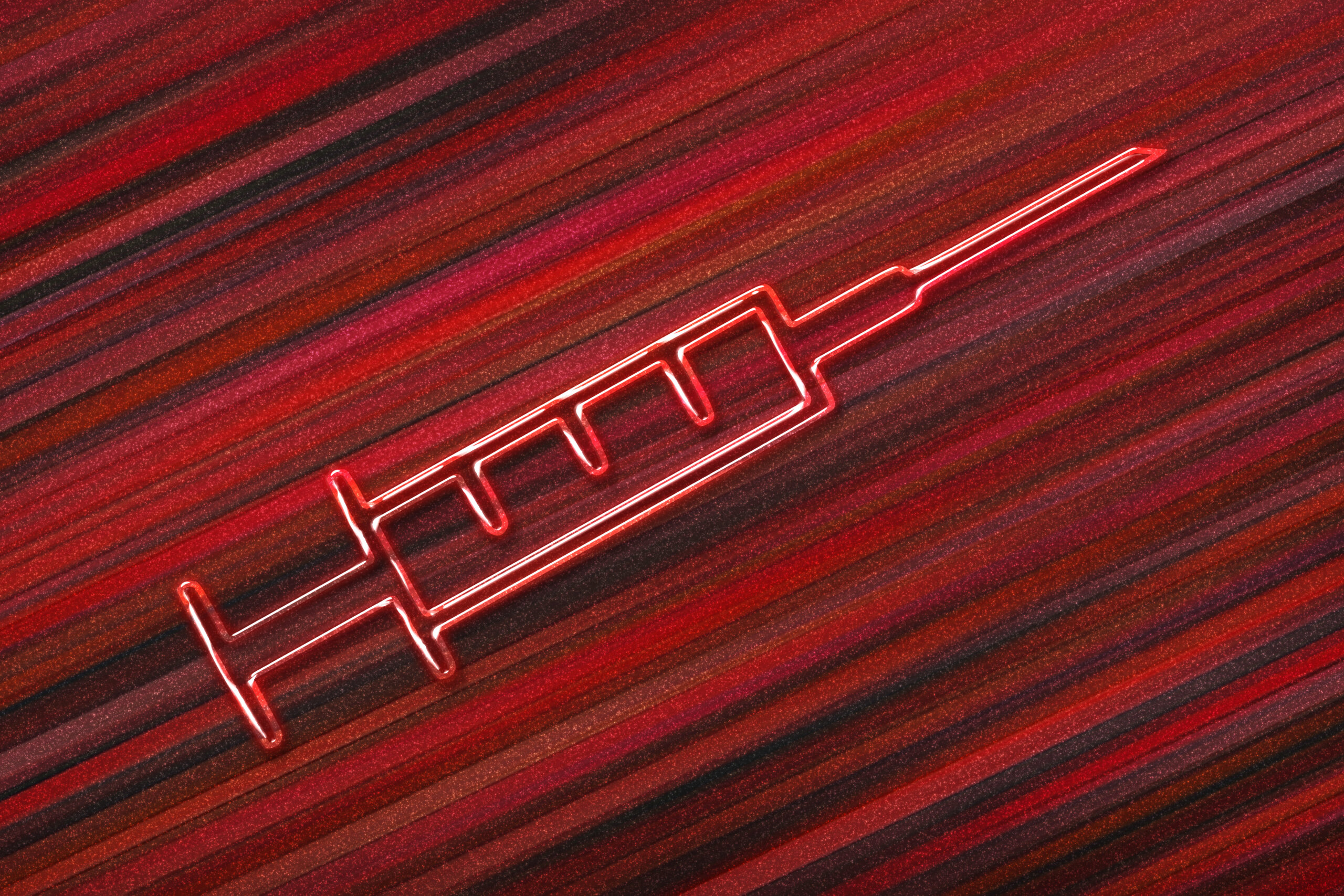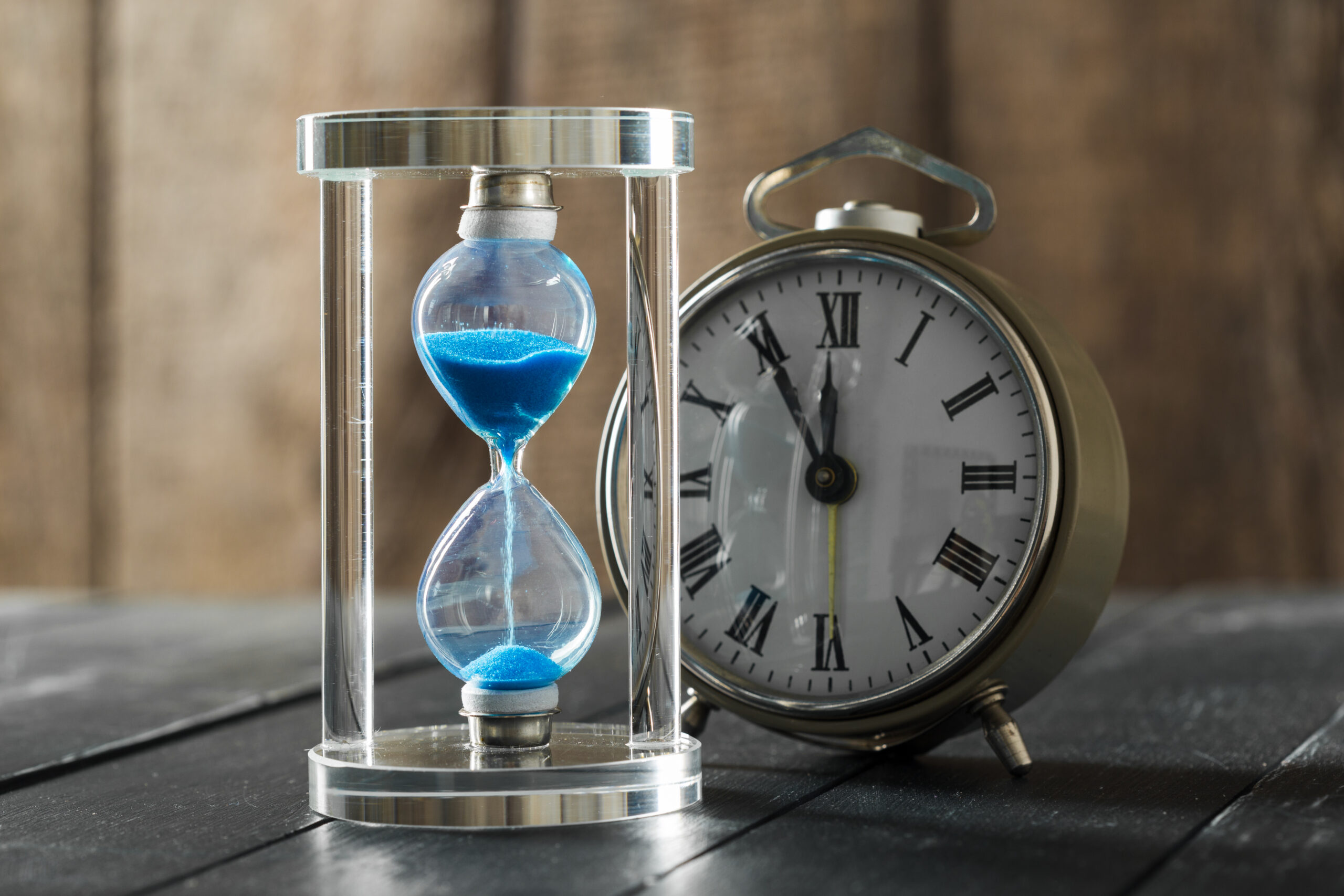Not all changes in sexual performance happen overnight or in dramatic fashion. Sometimes, they creep in quietly—less energy, lower motivation, flatter moods, workouts that don’t feel the same, and intimacy that just… isn’t there. Maybe someone close to you has noticed and mentioned it. You seem more irritable. A bit distant. More tired. Not quite as present or passionate as you used to be. If this feels familiar, it could be more than just stress or a busy life. For men across New York, these subtle changes may signal something deeper: a drop in dopamine levels—a critical factor in emotional balance and sexual health. One of dopamine’s lesser-known roles is its impact on erectile function and desire. And yes, low dopamine can contribute to erectile dysfunction (ED).
What Is Dopamine, and Why Does It Matter?
Dopamine is often referred to as the “feel-good” chemical, and for good reason. It’s a neurotransmitter that helps regulate the brain’s reward system, mood, motivation, and pleasure. When dopamine levels are in balance, things feel rewarding—especially experiences related to intimacy and connection. But when dopamine levels dip, so does that spark. This is more than just a psychological phenomenon; it directly affects physical response. Dopamine plays a key role in initiating and maintaining sexual arousal, and it is involved in the neurological signals that lead to erection and orgasm. For many men living in fast-paced cities like New York City or balancing busy lifestyles in suburban or upstate communities, dopamine-related fatigue and emotional burnout can quietly build over time—without obvious warning signs.
How Dopamine Affects Sexual Health
-
Reduced Desire and Motivation
Healthy dopamine levels fuel sexual interest, anticipation, and drive. It’s that rush of excitement, the mental and emotional energy behind physical intimacy. When dopamine is low, sexual thoughts become less stimulating. Men may feel indifferent toward sex or struggle to initiate intimacy—even in loving relationships. This lack of motivation isn’t about willpower; it’s about brain chemistry.
-
Lower Reward Response
Dopamine powers the brain’s reward system, including areas like the nucleus accumbens and prefrontal cortex. When these regions don’t receive enough stimulation, the experience of sex becomes less emotionally satisfying. Without that emotional and neurological “payoff,” arousal diminishes, which may lead to less frequent or less enjoyable sexual encounters.
-
Disruption of Erection Pathways
Sexual arousal and erection begin in the brain. Dopamine triggers neurons in the hypothalamus and spinal cord, which then signal the release of chemicals that relax blood vessels and allow for increased blood flow to the penis. When dopamine is low, this process is impaired, potentially resulting in weaker, inconsistent, or absent erections. This biological connection is especially relevant for men across New York, where high-pressure work environments and long commutes can increase stress and fatigue—both of which are known to suppress dopamine production.
The Mental Health Connection
Low dopamine is strongly associated with conditions like depression, anxiety, and chronic fatigue—all of which can further interfere with sexual interest and function. Emotional flatness or mental exhaustion may make intimacy feel like an effort rather than a pleasure. For men in New York State, where seasonal shifts, work-related stress, and social demands can fluctuate dramatically, these mood-related symptoms can compound and make it harder to pinpoint a single cause.
Medication and Dopamine Suppression
Certain medications, particularly antipsychotics and some antidepressants, work by blocking dopamine receptors. While these prescriptions may help manage mental health conditions, one of the most common side effects is reduced libido and ED. If a new medication coincides with changes in sexual performance, dopamine levels may be worth evaluating.
Ways to Support Dopamine and Improve Sexual Health
Fortunately, low dopamine isn’t a life sentence. Many lifestyle-based approaches can help stimulate natural dopamine production and support a return to healthy sexual function. Here’s where to start:
1. Eat Dopamine-Supportive Foods
Dopamine is synthesized from tyrosine, an amino acid found in protein-rich foods. Adding more tyrosine-dense options to your diet—like chicken, eggs, dairy, bananas, pumpkin seeds, and avocados—can support dopamine creation in the brain. In health-conscious regions of New York, from Manhattan’s wellness cafés to organic markets in Ithaca or the Hudson Valley, there’s no shortage of access to nutritious, dopamine-friendly foods.
2. Exercise Regularly
Physical activity is one of the most powerful tools for increasing dopamine naturally. Cardio exercises such as jogging, swimming, or biking release not only dopamine but also endorphins—creating a double boost for both mood and libido. Many New Yorkers, from gym-goers in Buffalo to runners in Central Park, already benefit from this effect—whether they realize it or not.
3. Reduce Porn Use
Frequent use of pornography can desensitize the brain’s dopamine receptors, making real-life intimacy feel less exciting. This can lead to a phenomenon sometimes referred to as “dopamine burnout.” Cutting back or abstaining from porn can help reset the brain’s sensitivity to natural stimuli and improve arousal response.
4. Prioritize Sleep and Stress Management
Sleep deprivation and chronic stress both impair dopamine production. Practicing relaxation techniques—like mindfulness, breathing exercises, or even a simple walk through one of New York’s many parks—can help your nervous system regulate itself. Pair this with 7–8 hours of quality sleep, and you’ll create the foundation your brain needs to restore balance.
A Holistic Approach to Sexual Health
Understanding the link between dopamine and erectile dysfunction is essential, especially for men who may have ruled out the more obvious causes of ED. In many cases, low testosterone and low dopamine can occur together, compounding symptoms and making it difficult to untangle the exact cause without proper insight. Men throughout New York—whether navigating the high energy of the city or the demands of quieter upstate life—can benefit from reframing how they think about sexual health. It’s not just about hormones. It’s about neurotransmitters, mood, energy, lifestyle, and overall wellness.
Thoughts
If you’ve been feeling “off” emotionally, mentally, and physically—and sexual performance has taken a hit—it might not be just stress or aging. Low dopamine could be a contributing factor. And while it’s tempting to ignore or brush off these changes, the reality is that they’re signals from your body that something deeper needs attention. The good news? Dopamine levels can be supported. With better nutrition, regular physical activity, quality sleep, and reduced stress, your body can begin to restore the chemical balance that supports arousal, confidence, and connection. New York men are known for their ambition, resilience, and drive—but even the most determined among us can struggle when our biology isn’t in sync. Taking the time to understand your brain chemistry isn’t a weakness—it’s a smart, powerful move toward reclaiming control of your health and happiness.



